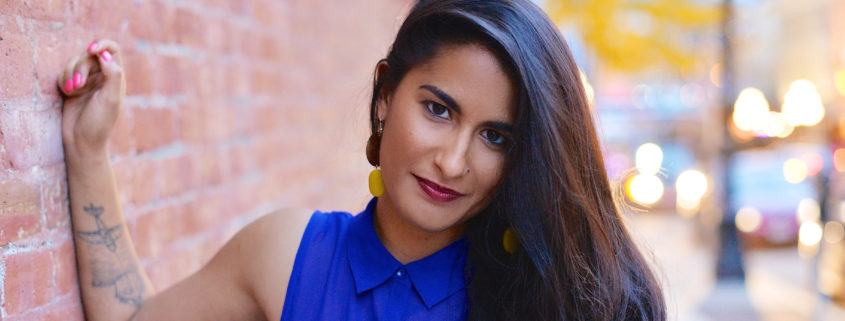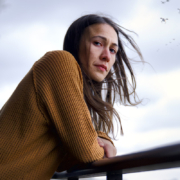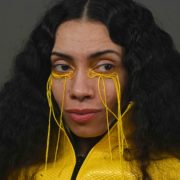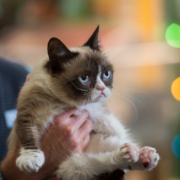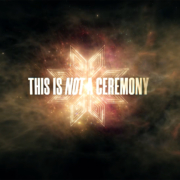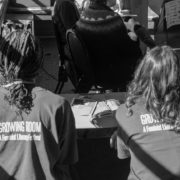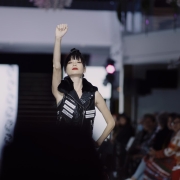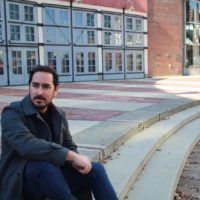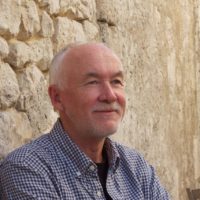“I think that trust and respect are so important when it comes to artistic integrity.”-Anoushka Ratnarajah
Anoushka Ratnarajah has always been a creative person, even as a little girl. “My parents encouraged me and my brother to be creative – they really uplifted our creative expression.”
As a kid growing up in Ladner, B.C., Anoushka was exposed to books like Anne of Green Gables and authors such as Jane Austen. “I think the thing that drove me into becoming a storyteller was that as a young, mixed-race, queer person I didn’t see a lot of stories about people like me, or families like mine. I didn’t have a lot of stories I could relate to, so I would write stories about characters I could identify with.”
After a degree in Creative Writing at UBC, Anoushka found herself in New York pursuing a Masters in Arts Politics. This degree allowed her to explore what it meant to be an artist with a social justice lens, and it encouraged her to work in various forms of art making. She met a friend in a performing arts training program and found her way into filmmaking. “I’ve always had a cinematic imagination – I see things in pictures, and there’s always a musical score in my mind throughout the day!”
When Anoushka was asked to be the coartistic director at Out on Screen, which produces the Vancouver Queer Film Festival, she was very excited. “I feel so fortunate to work for an organization that has queer people of colour on staff. There have been a lot of folks who have broken down doors for us in so many ways, yet there’s still more work to be done.”
This year’s festival will showcase many films by young trans or gender non-conforming filmmakers, perhaps a sign of what’s happening more globally when it comesto authentic representation of queer stories. There are also lots of local filmmakers telling their stories as part of The Coast is Queer series. “We are so grateful for the support from Creative BC because it encourages us to spotlight local artists and local content.”The Out on Screen society was founded 30 years ago when the Gay Games came to Vancouver. “Queer folks were hungry for visual representation of their stories,” Anoushka says.
The festival started off with films being projected in people’s basements and it has grown to become the second largest film festival in Vancouver and the largest queer film event in Western Canada.Anoushka believes they’ve been able to do all of that because there’s been a continuing effort to build a reciprocal sense of trust with artists. “Film has a long history of untrustworthy narrators who tell stories that don’t necessarily reflect their own lives or experiences. Often times, especially with documentary films, there can be a feeling of exploitation. Trust building is essential to the work we do here, especially because we are working with communities who have had trust broken so many times. We need to realize that trust doesn’t just get built and then exist permanently – it’s a relationship, and we need to keep working at it.”

